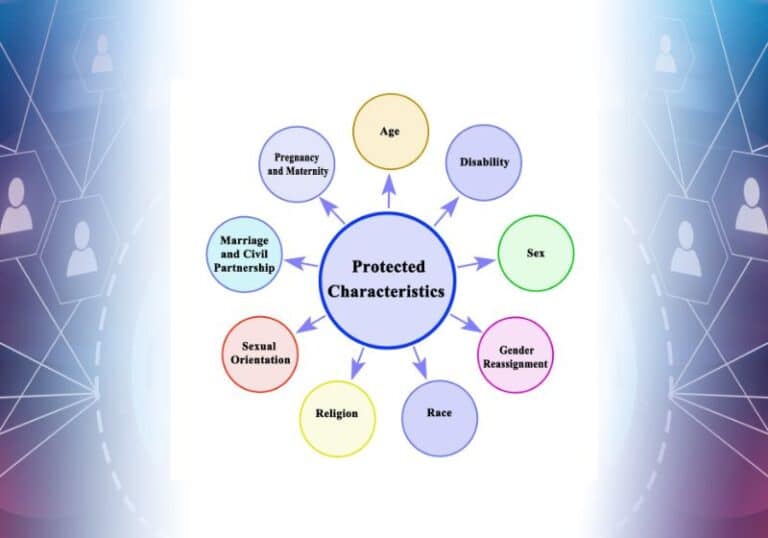Who Do Tips Legally Belong To?

The subject of tips and gratuities is on the mind of a lot of employers as the Government unveils plans to overhaul tipping practices, helping around 2 million people top up their income. Employers will have new rules to follow regarding sharing tips, gratuities and service charges among employees. This will make tipping clear to both the employee and the customer.
What is Changing and When?
The proposed Bill introduces a plethora of new workers’ rights, one of which will ensure that tips, gratuities and service charges go to workers in full meaning an employer will be required to pass on all tips in full without deduction. The Bill also aims to place an obligation on employers to ensure fairness and transparency in how cash and electronic tips will be distributed. It has now been confirmed that it will come into force in October 2024.
Key features of the new rules:
- Employers are not allowed to use tips and gratuities to ‘makeup’ national minimum wage or contractual rates of pay
- Employers cannot make a deduction from an employee’s wage concerning a tip or gratuity (including admin charges), other than those deductions required by tax law
- Employers cannot keep any share of electronic tips, except if paying tax or bank charges that have arisen from providing electronic modes of tipping.
- Employers will be required to distribute tips in a way that is fair and transparent
- There must be a clear display and understanding of a business’ policy on how tips, gratuities and service charges are distributed with a record of how tips have been dealt with. Distribution must occur no later than the end of the month following the month in which it was paid by the customer
- Employers will have to work within a statutory Code of Practice on Tipping
- Workers will be given the right to make a request for information relating to an employer’s tipping record, enabling them to bring forward a credible claim to an employment tribunal
The Bill will make it illegal for employers to withhold tips from workers.
What Employers Need to Have Ready When The Legislation Comes Into Force
It is better to get ahead of the changes in legislation so that you are ready. Here are some steps that you can take to comply with the new rule, regarding who do tips legally belong to?
- Provide a policy and statement to employees and contract workers which sets out how tips, gratuities and service charges will be distributed
- Ensure that all tips and gratuities that are received electronically are passed on to the correct individual via payroll
- Be frank with employees and transparent about the level of any payments retained by the business to cover reasonable costs and how factors are used to determine how tips will be distributed
- Have, and display, clear information for customers and employees on how tips and gratuities will be distributed
Not sure where to begin? Contact HR:4UK and we can help get you and your business ready for the changes.
What is a Tip or Gratuity?
The two terms essentially mean the same thing: a voluntary or spontaneous payment made by a customer to, or left for, an employee or employees. This tip or gratuity is left to be given to the employee or group of employees who directly assisted the customer. A tip or gratuity can be cash, as a specific gratuity on a credit or debit card payment or paid by using a digital payment service or application. Any cash tips should be kept by the person that the tip has been left for and should not go into a ‘collective’ pot to be shared equally.
What is a Tronc?
A tronc is a special pay arrangement used to distribute tips, gratuities and services charges. When using a Tronc, the employer must have a Troncmaster who is a person who will be responsible for the arrangements to share tips among employees. A troncmaster cannot be the employer.
What is an Electronic Tip?
Traditionally, tips are left using cash payments. But, now that we are entering the fully contactless, cashless age, more and more people are choosing to make electronic tips.
An electronic tip is a tip made using anything other than cash including:
- Debit or credit card
- Smart card
- Any apps used for payment of tips and gratuities
- A push notification app
Is a Service Charge a Tip? What is a Mandatory Service Charge?
Is a service charge a tip? Employers often ask this question and the answer is no: a service charge is not the same as a tip. A service charge is an amount added to the customer’s bill before it is presented to the customer. Whether a service charge is purely discretionary or mandatory will depend on the information presented to the customer.
A mandatory service charge is a contractually imposed and receipted payment that customers must pay, in addition to the cost of the goods or services received. There are specific rules relating to National Insurance contributions on mandatory service charges.
HMRC will accept that a payment is a voluntary service charge if it is clearly presented to the customer as an entirely optional payment.
How Can I Get Prepared for These Changes?
As an employer, you must ensure the fair and legal treatment of your staff and comply with government regulations. But, when you have got a business to run, you don’t have the time to prepare. So, if you need advice about the new tipping rules, let us help you at HR:4UK.
If you are a business owner or employer seeking advice on ‘who do tips legally belong to?’ ahead of the new legislation, HR:4UK is here for you.
We strive to empower businesses, with expert and professional HR support. Allow yourself to focus on your business and consult with HR:4UK today.
Angela Clay
A qualified employment law solicitor and our managing director, Angela has unparalleled legal expertise and decades of experience and knowledge to draw from. She’s a passionate speaker and writer that loves to keep employers updated with upcoming changes to legislation, and is a regular guest speaker on BBC Leicester Radio.




